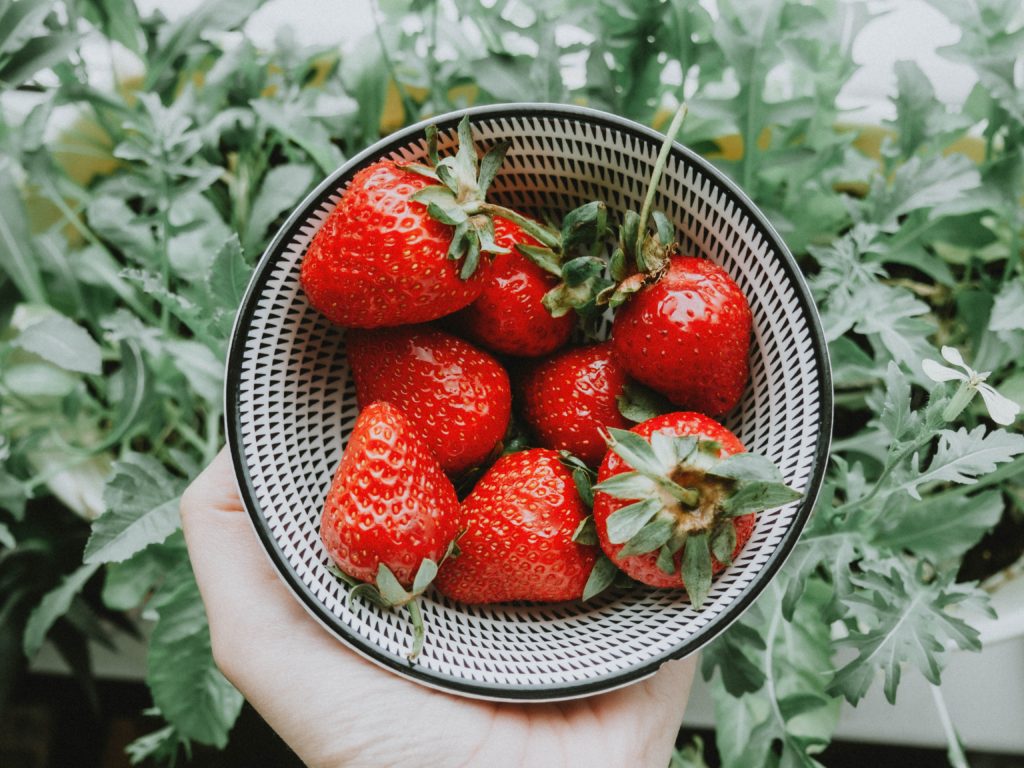
Many people are discovering just how wonderful having an organic garden can be. With the use of our simple advice, you will quickly learn how to get started with a thriving organic garden of your own. Just put these tips to work for you and you will soon see great results.
Allow your children to assist with the work to be done in your organic garden. A garden can provide a wonderful learning experience for children, and will give you an opportunity to bond with them while you produce healthy food.
Keep the temperature in your home between 65 and 75 degrees Fahrenheit, if you are keeping or growing any kind of plant in your house. Plants need to be in an environment that is neither too warm nor too cool for them to grow. If you aren’t wanting your house to be this warm in the winter, you can use a heat lamp on the plants.
Preparing the soil for your perennial garden is easy. It isn’t as hard as it may seem; you basically just slice down under the turf, flip it over, and spread wood chips four to three inches. Give the area a couple of weeks, then dig into it and plant your new perennials.
After your seeds have sprouted, heat lamps are not needed. As they begin growing you can move them farther away from heat sources. Remove plastic films on containers to prevent warmth and humidity from penetrating them. Watch your seeds closely to find the right time to do this.
Make the most of the time spent in your garden. Keep all of your tools together; do not waste time looking for them! In addition to keeping your gardening tools in one location, you should also clean your tools after each use. One way to keep your tools handy is to use a belt especially designed to hold them. An alternative is to wear a garment with multiple pockets that are big enough to hold your more commonly used tools.
Pine Needles
Pine can be a wonderful mulch. Some garden plants have a high acidity, and prefer acidic soil. If you have these plants in your garden, keep them healthy by using pine needles as mulch. Cover the plots with pine needles. As the pine needles decay, they’ll raise the soil’s acidity.
An old laundry basket makes a great way to gather your harvest. A laundry basket will act as a strainer for your produce. You can rinse your produce off while it is in the basket, and the excess water will strain through the holes of your laundry basket.
Green Plant Material
The compost pile should include equal parts of dried material and green plant material. Green plant material consists of spent flowers, veggie and fruit waste, leaves, weeds, and grass clippings. Dried plant materials are things like shredded newspaper, cardboard, sawdust, straw, and any cut up wood materials. Avoid meat, ashes, charcoal, plants with diseases and manure from carnivores.
An organic garden takes time and patience, as we have previously advised. Following the suggestions outlined above should help you get your organic garden off the ground more effectively. There are a huge number of plants to grow, and with these tips, you’ll succeed no matter which plants you ultimately choose.
